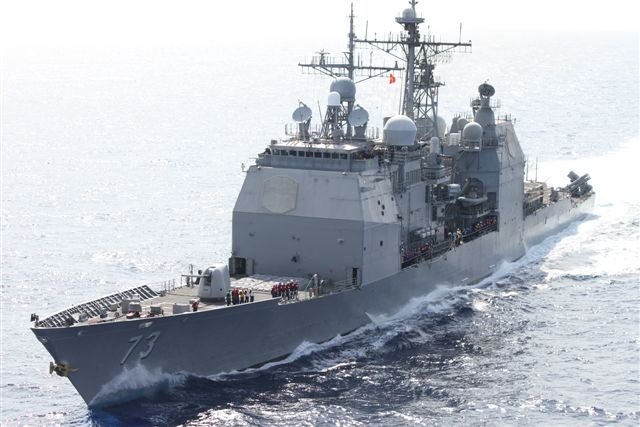
Source Responsible Statecraft
WASHINGTON, U.S.--Energy prices are soaring to levels not seen in a decade. Media attention has rightly focused on the price that consumers are paying at the gas pump, but there has been less of a spotlight on the price of “soft” commodities such as wheat, corn, and sunflower oil, all of which hit record highs since the Russian invasion of Ukraine
These commodities are essential to human consumption from everything to bread that we eat and the food that animals such as cows, chickens, and pigs consume, and are sources of protein for many in the world.
Already reeling from a supply chain that has been wrecked by the COVID-19 pandemic and runaway inflation, consumers are about to face a commodities super cycle that will see the price of essential “kitchen table” items, like a box of cereal or a loaf of bread, soar.
Meanwhile, Ukraine is the sixth top exporter of wheat and produces about 8 percent of global supply. Ukraine is blessed with black soil known as “chernozem” and is the world’s leader in sunflower oil and a top 10 exporter of corn, rapeseed, and barley. Europe, the Middle East, and China are leading destinations for Russia and Ukraine agro-commodities.
The commodities markets are pricing in this conflict and the signs point to prices we have never seen for food that is necessary for global consumption. The benchmark UN food price index has hit a record high, rising by 40 percent since the pandemic began. Meanwhile, wheat prices closed at record highs on the Chicago Board of Trade last week. Corn, Soybean, and Sunflower oil are not too far behind.
The populations that will suffer the most are those in poorer countries such as Pakistan, Bangladesh, Egypt, Lebanon, and Morocco, which get over 40 percent of their corn and wheat from the Black Sea region.
As Russia’s war machine continues to press its campaign in Ukraine, and the United States and Europe continue to pile on sanctions, it is very likely that the Kremlin will weaponize the food chain to pressure its adversaries and remind them of the sway Moscow holds over the commodities market.
While the United States and its allies can take comfort in “un-plugging” Russia from the global economy for its aggression in Ukraine, the risks of pulling the world into a global recession, a food crisis, and social unrest are rising. Sanctions of this scale have been used on countries such as Iran, Venezuela, and North Korea in the past, but they are small players in the global economy.
The world can adjust quickly to life without Iranian and Venezuelan oil, but an economy of the size and scale of Russia which produces many of the commodities that we use and consume in everyday life is unprecedented. We are truly in uncharted waters and seemingly unprepared for the consequences.
Because Europe lacks alternative energy sources, Western sanctions have so far left the lifeblood of the Russian economy mostly untouched, its ability to export oil and gas to Europe and for Russian banks that process those payments. But it doesn’t appear that similar consideration has been given to the consequences of Russia no longer being part of the global food supply chain.
Americans and Europeans aren’t accustomed to the after effects of sanctions against rogue states because they are in distant lands and have no direct impact on their everyday lives. Iran and North Korea’s ability to rattle the global economy is a nuisance.








0 Comments
LEAVE A REPLY
Your email address will not be published